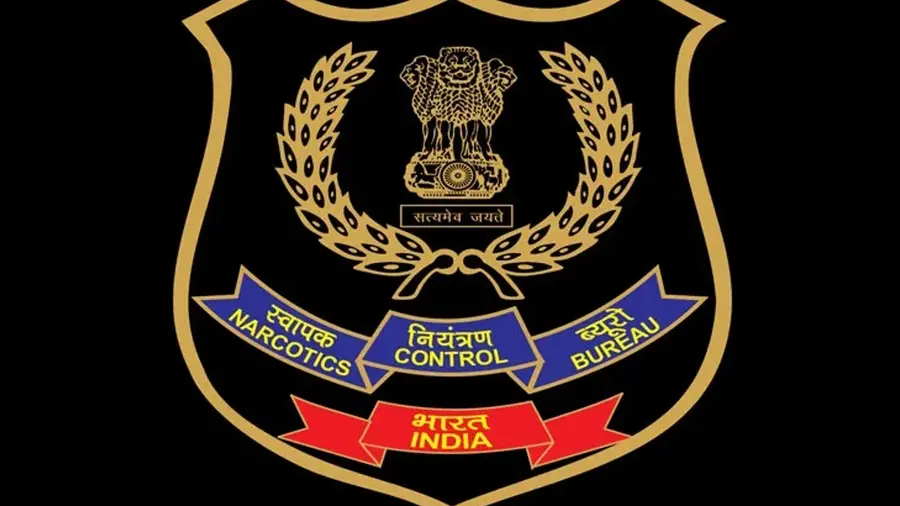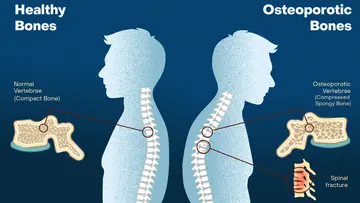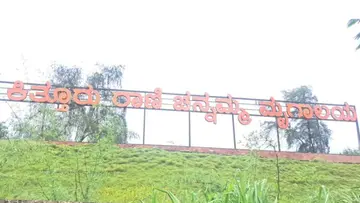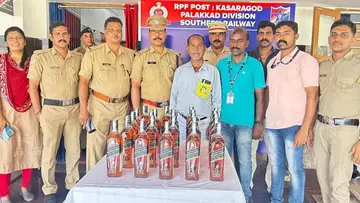NCB Data Debunks Kerala Drug Hub Myth; Punjab and Delhi Lead in Narcotics Cases Nationally


Web desk
Published on Mar 21, 2025, 06:03 PM | 3 min read
New Delhi: In a significant revelation, the National Narcotics Control Bureau (NCB) has released statistics that dismantle widespread claims portraying Kerala as the epicenter of India’s drug crisis. The figures, presented by the Ministry of Home Affairs in response to a parliamentary query from Rajya Sabha MP V. Sivadasan, expose a narrative far removed from reality. Contrary to politically charged allegations, Kerala ranks low in drug-related cases compared to states like Punjab, Delhi, and Gujarat, which dominate the list. The data underscores a nationwide challenge while revealing how Kerala has been unfairly targeted in a campaign of misinformation.
The Numbers Speak: Punjab Tops List, Kerala Lags Behind
Over the past three years, drug-related cases registered by the NCB paint a clear picture. In 2022, India recorded 521 cases, followed by 375 in 2023 and 417 in 2024. Punjab emerged as the state with the highest number of cases, reporting 62 cases in 2022, a sharp drop to 15 in 2023, and a resurgence to 51 in 2024. Delhi, the national capital, followed closely with 90 cases in 2022, 58 in 2023, and 40 in 2024. Meanwhile, Kerala recorded only 4 cases in 2022, 11 in 2023, and 12 in 2024—figures significantly lower than those in northern and western states.
What makes these statistics even more revealing is the population disparity. Punjab and Delhi, with significantly smaller populations than Kerala, continue to report disproportionately higher drug-related cases. For instance, Punjab’s population of 30 million and Delhi’s 33 million pale in comparison to Kerala’s 35 million residents. Yet, Kerala’s cases remain a fraction of these states’, debunking the myth of it being a “drug hub.”
Gujarat, Bengal, Maharashtra Outpace Kerala in 2024
The 2024 data further highlights that Kerala’s drug situation is less severe than that of many other states. Gujarat recorded 34 cases, West Bengal 28, Maharashtra 25, Tamil Nadu 25, Jammu & Kashmir 25, Chandigarh 24, Karnataka 23, Uttar Pradesh 23, Rajasthan 21, Bihar 13, and Madhya Pradesh 14—each reporting more cases than Kerala’s 12. Even smaller Union Territories like Chandigarh recorded higher numbers, raising questions about the credibility of the propaganda against Kerala.
Gujarat’s consistent presence in the top three—22 cases in 2022, 16 in 2023, and 34 in 2024—indicates a persistent challenge. Maharashtra and Tamil Nadu, both economic powerhouses, also grapple with rising cases, reflecting the pan-Indian nature of the issue.
Drug Crisis: A National Challenge, Not a Kerala-Specific Issue
The United Nations' World Drug Report 2023 highlights India's growing opioid and synthetic drug crisis, with trafficking networks operating from Myanmar, Afghanistan, and Pakistan. Punjab and Gujarat, due to their proximity to porous borders, face intense pressure, while Delhi’s role as a major transit hub exacerbates its drug-related challenges.
Despite this, Kerala has often been unfairly singled out in public discourse, with certain political narratives portraying it as a drug hotspot. However, the latest data from the NCB directly contradict these claims. Rajya Sabha MP V. Sivadasan has condemned the misinformation, emphasizing that drug abuse is a nationwide problem requiring a coordinated response rather than selective blame.
He stated that instead of targeting Kerala with baseless propaganda, efforts should be directed toward strengthening border security, intelligence networks, and law enforcement to curb the inflow of narcotics. Sivadasan also highlighted that despite repeated intelligence alerts, drug cartels continue to exploit weak border controls, making it imperative for the Union government to prioritize security measures over political narratives.










0 comments